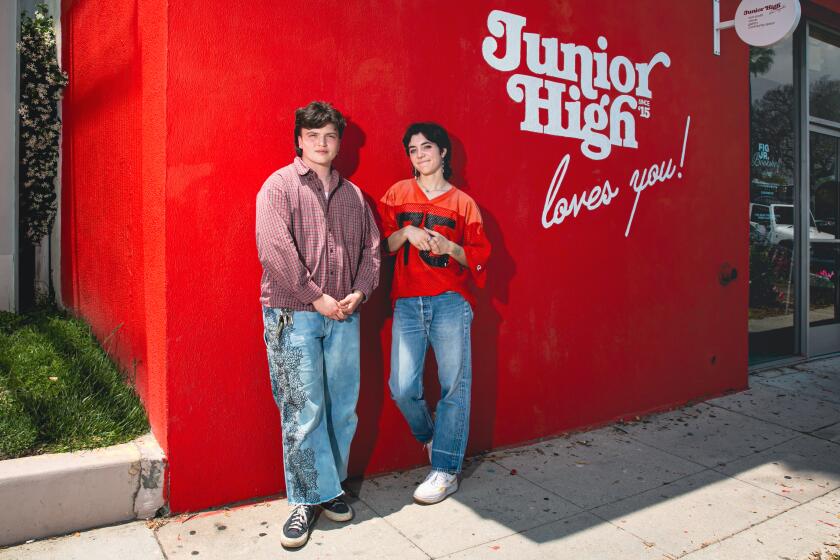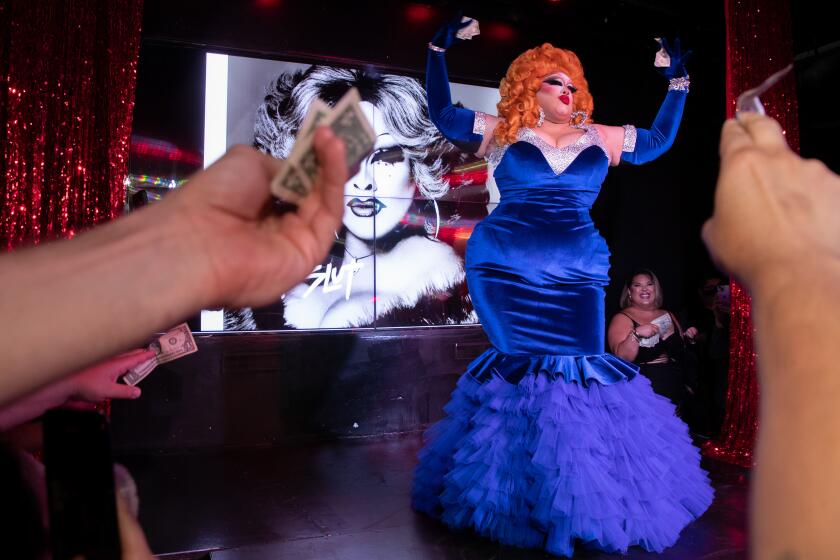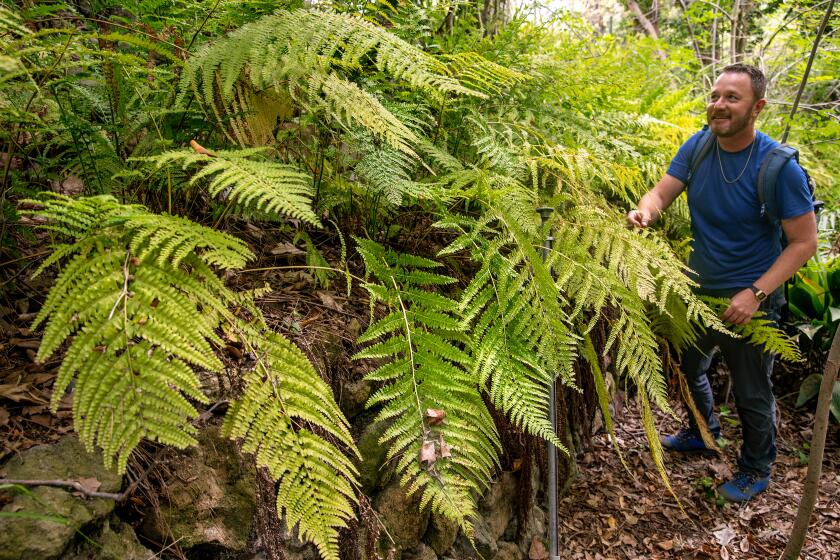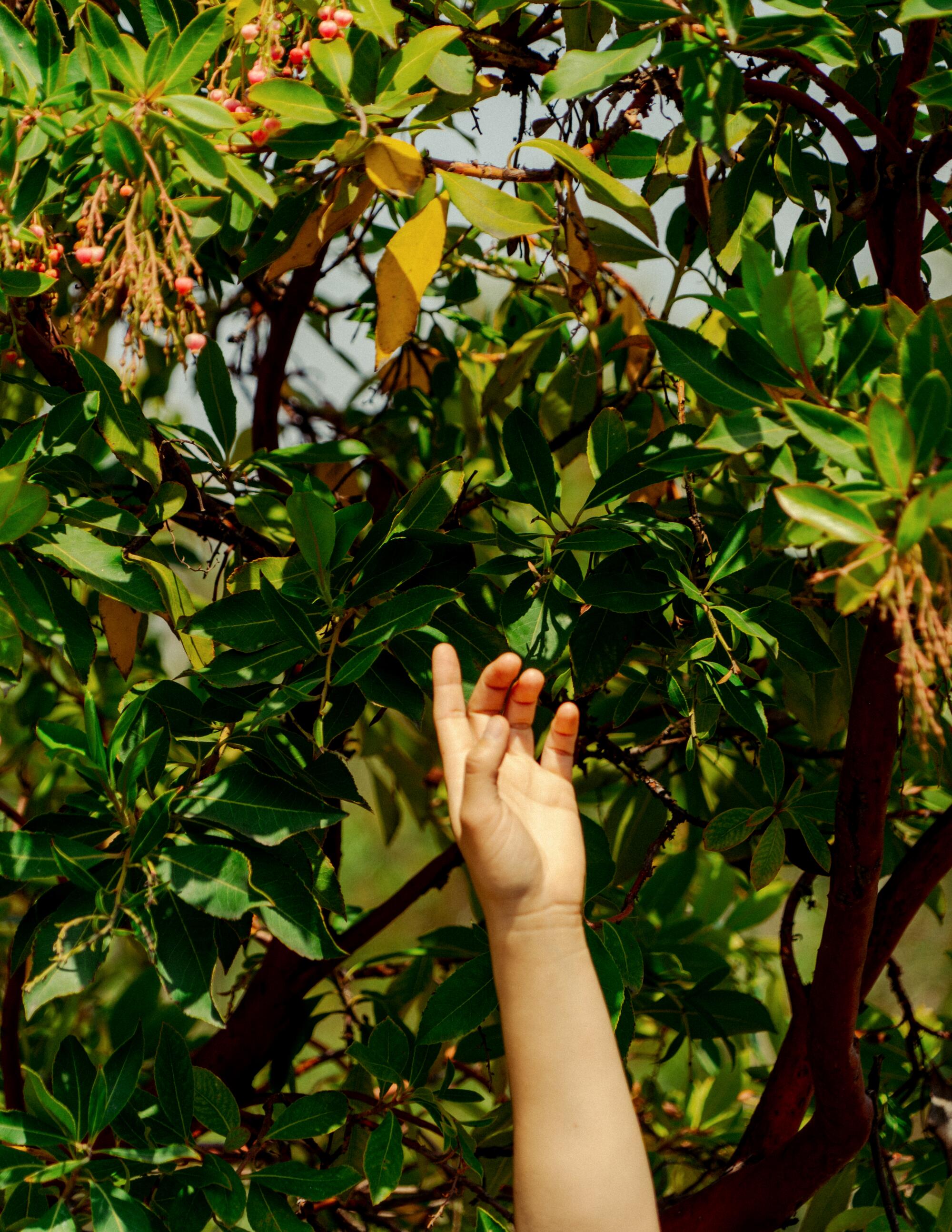
In our Plant PPL series, we interview people of color in the plant world. If you have suggestions for PPL to include, tag us on Instagram @latimesplants.
A restorative power exists within nature, even in a city of about 4 million people. Taking an outdoor stroll to stretch your body and inhale fresh air can be just the remedy to smooth the edges of a rough day in Southern California.
For numerous queer people in Los Angeles, spending time outdoors in nature and around L.A.’s expansive plant life comes with a range of nourishing experiences, from casually taking up space in public settings to learning how queer people across generations have leaned on plants for solace and healing. (Nature continues to be a site of comfort among LGBTQ+ people as legislative battles rooted in homophobia and transphobia persist.)
In the spirit of celebrating the symbiotic relationship between nature and queerness across time, we caught up with three Los Angeles residents who are leaving their mark in food, foraging and floral design and whose connection to nature is deeply intertwined with their queerness. Here, they share how nature continues to be an entry point for community building in their lives while also deepening their connections to fellow queer people in L.A.
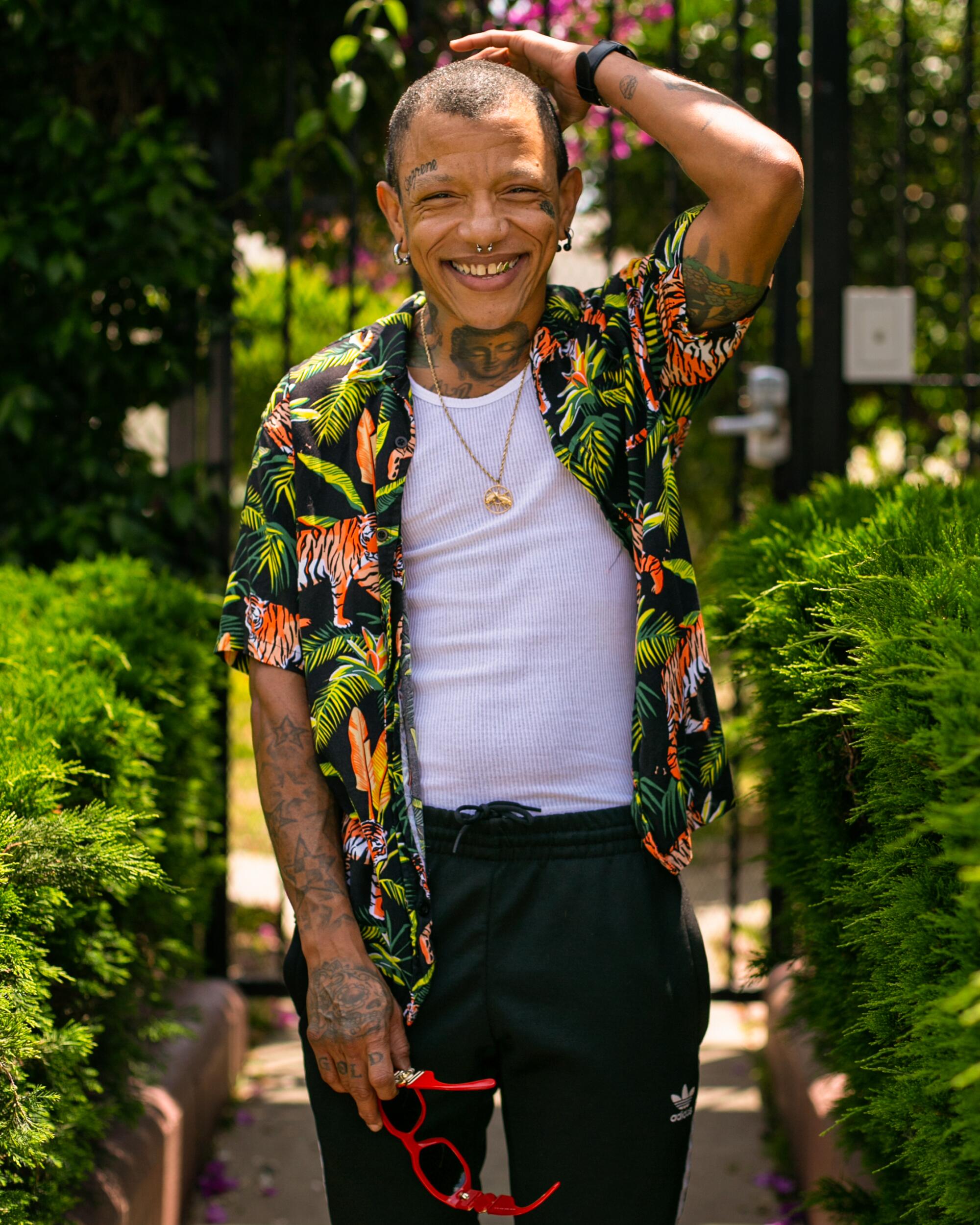
Kat Williams, founder of the Gro House
When you grow up on an island filled with lush greenery, gorgeous saltwater beaches that you frequent every week, and a bounty of trees with fresh tropical fruit, it’s no surprise when you end up an adult with a deep appreciation for nature. Chef Kat Williams, 38, a Kingston, Jamaica, native who resides in Los Angeles, can attest to this firsthand.
“I love being outside. I love cooking outdoors more than anything,” says Williams, who runs the private chef and catering business the Gro House in East Hollywood. “I feel very connected to the earth when I roast veggies outdoors on an open fire. Something about the charred flavor that is unmatched to roasting in an oven.” Since childhood, nature has been a way for Williams to nourish and replenish his spirit while putting his senses at ease.
Milan Alex Rafaelov, Trans Joy Fest’s founder, says gender-affirming products for cisgender people are easily accessible in retailers like Costco. So why aren’t binders, nipple guards and TransTape?
Sometimes that internal rejuvenation looks like taking up space at a local L.A. park with his transmasculine friends, shirts off, basking in the warmth of the sun and one another’s company — along with an array of food on the grill and music flowing.
Other times rejuvenation looks like being present and joyously taking up space at large queer events in L.A., especially Hood Rave and Fantasy Suite and events hosted by Cuties and HawtMess. “We’re celebrating — it’s not even anything specifically that we’re celebrating,” says Williams. “We’re just like, ‘We’re queer and we’re here. We want to have a good time and eat nice food.’”
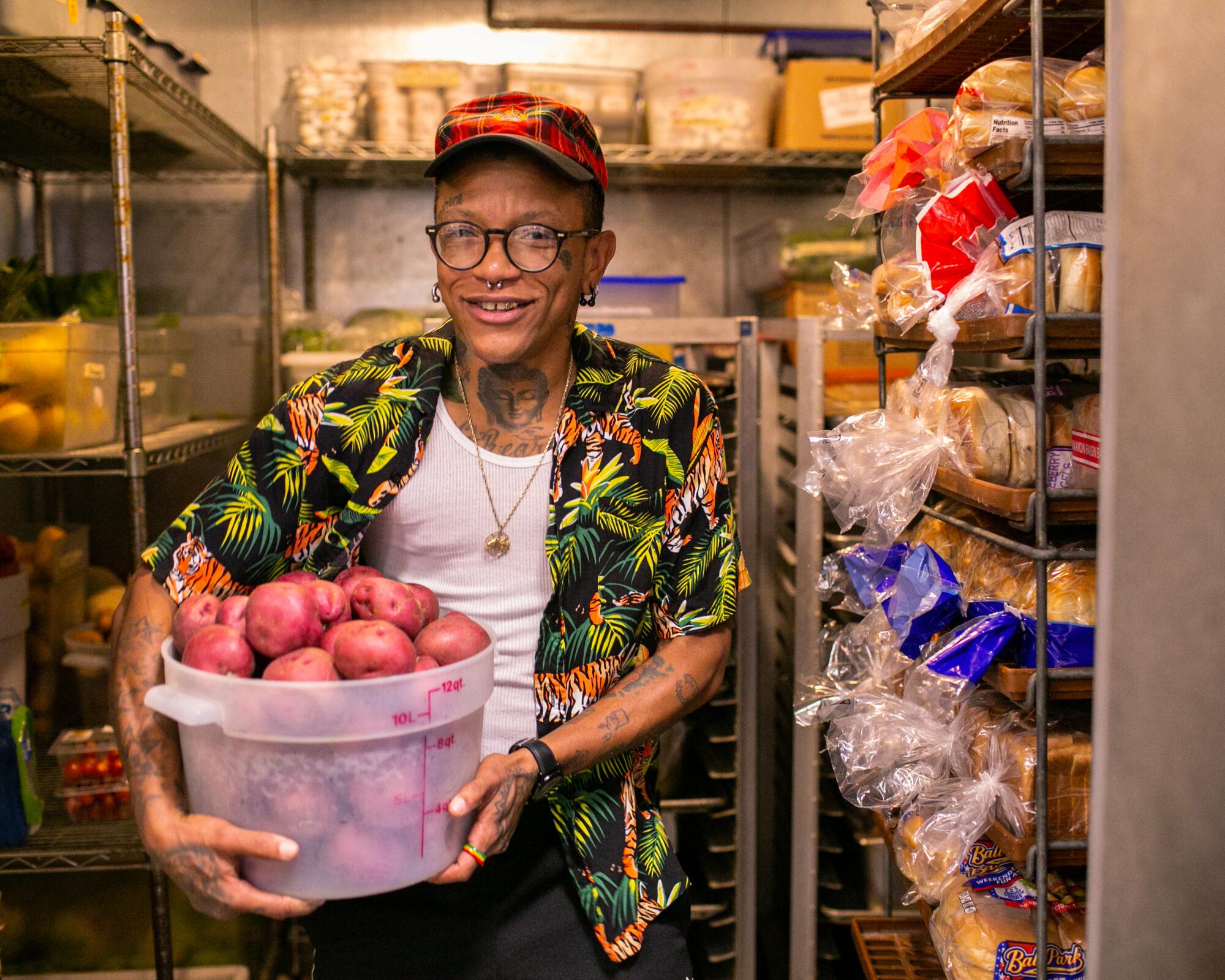
As Williams meditates on the intersection of queer joy and food, inevitably his food business, the Gro House, comes to mind, specifically the way the name connects back to nature and growth. Just as plants stretch toward the sky, blooming when they receive the nourishment and support needed to flourish, changing shape on their evolution journey and becoming more of who they’re destined to be, so too do people, he explains. “People always think the Gro House is about marijuana or something. No, it’s about community growth, personal growth, community through food,” he says.
“Through my own growth, I’m able to transmute things and pass it on through my cooking and through mutual aid,” says Williams, whose efforts have included cooking hot meals during the COVID-19 shutdown and putting together health-conscious grocery bags with fresh produce such as avocados, oranges, mangoes, cauliflower, broccoli, apples and garlic.
He also curated Black Joy Boxes for queer and trans Black people in Los Angeles. The mutual nourishment of being in service to his community and the heartwarming reception still sends the Pisces chef deep into his feels.
“It’s just nice to see Black people saying, ‘Yeah, I do deserve it,’” he says. “We’re too humble sometimes, and we must take the abundance.”
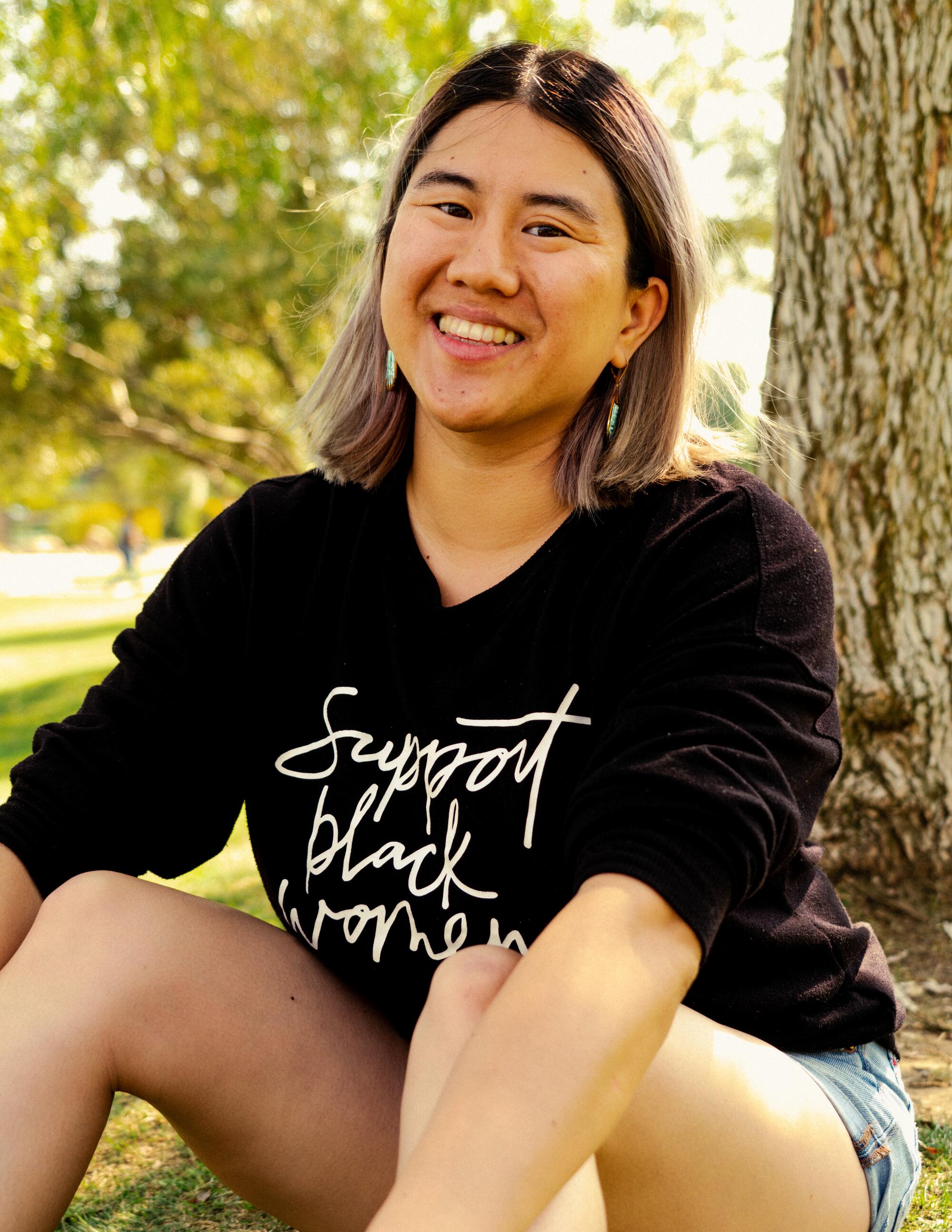
Jessica Tsae-Ni Lin, founder of Beyond the Body
For Jessica Tsae-Ni Lin, 29, there’s something exciting and liberating about taking a group photo during the monthly queer foraging workshop she leads around Los Angeles. “It’s saying, ‘Hey, these are the people who forage — we look like this.’ I like to show people we’re fat, short, tall, skinny, we’re disabled, we’re able-bodied, we’re colorful, we’re monochrome, we’re all these things,” Lin says.
Through Beyond the Body, Lin offers other meetups including a BIPOC foraging workshop, a how-to herb garden workshop, seasonal picnic workshops and queer speed dating.
The quality time spent immersed in nature alongside other queer people — exploring plants that have been used as wellness tools in traditional Chinese medicine and ayurveda (the holistic medicinal system native to India), learning how to spot edible plants and poisonous look-alikes, sharing ways foraged plants can be incorporated into cooking — has helped Lin access deeper comfort in her own queerness.
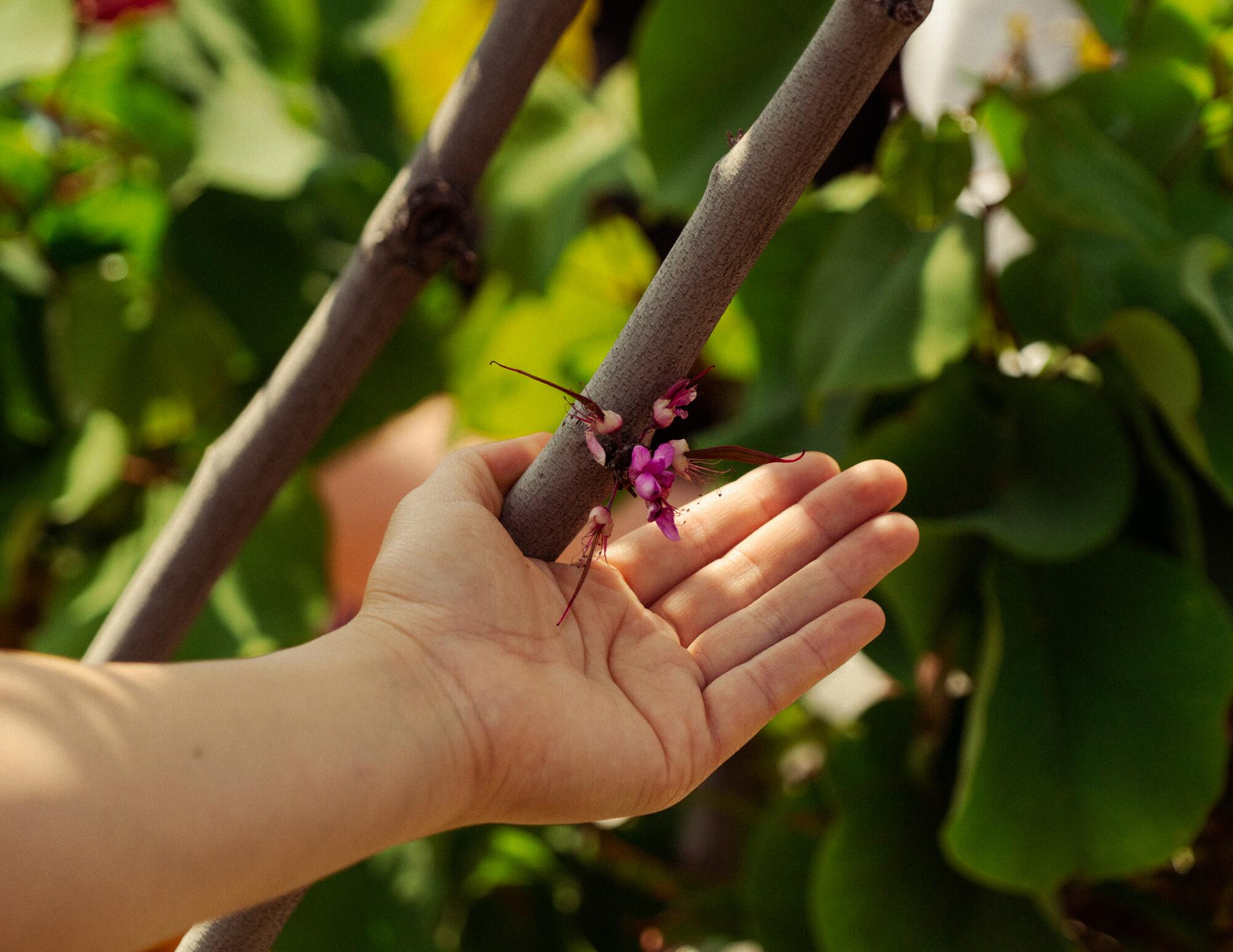
“I was able to learn from nature in a sense about what it means to be queer,” she says, reflecting on the breadth of plants that defy Western binaries. “Different accounts online talk about how plants and mushrooms are queer. There’s plants that change from one gender to another. There’s plants that are asexual, and that’s part of the queer community. It’s really helpful to see that queerness is not just a human construct. It’s embedded into the web of life itself, and so I think that helped me accept it more.”
The foraging meetups also have been a refreshing reprieve for people recovering from addiction and seeking interactive, slow-paced activities that offer a soft, less stimulating experience for their nervous system. “It doesn’t mean they’re necessarily abstaining or becoming sober,” says Lin of the foraging attendees in recovery, “but it’s just that they have another choice now.”
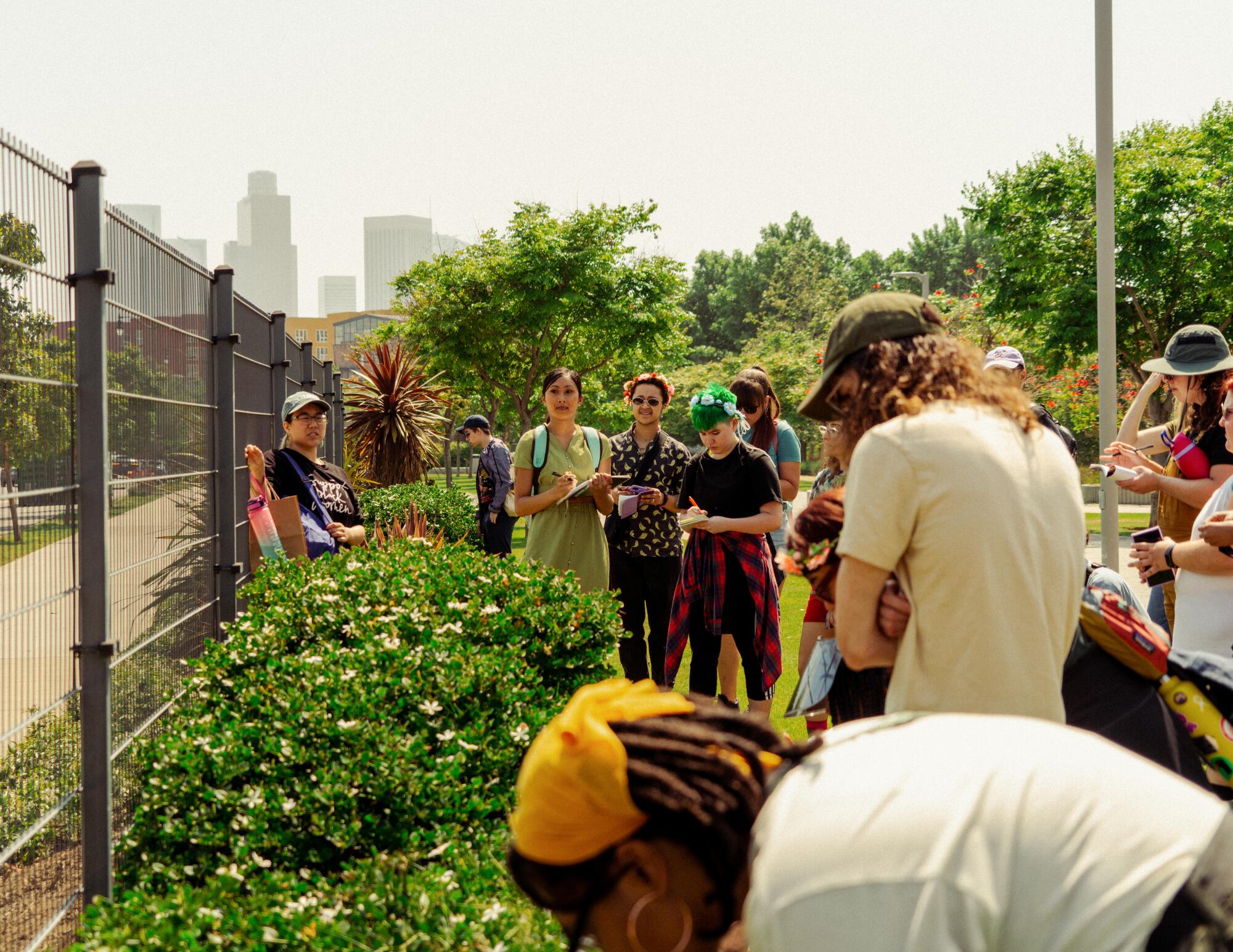
The event structure threads together the care Lin hopes to see in more spaces with her personal politics: For instance, accessibility is a must. Simplified online fliers and image descriptions are standard. Also, accommodations for mental and physical disabilities are available with adequate notice, and Lin adds gender-neutral bathroom signs into her contract with the facilities she partners with if neutral on-site bathrooms aren’t already available.
Despite an ongoing culture war, L.A.’s thriving drag scene is bursting with queens, kings, things and rebellious spirit.
The resonance Lin’s workshops have had in L.A. brings her immense joy. After all, queer people from different walks of life gathering together to explore the technical, the ancestral, the colonial and the healing properties throughout nature in a low-pressure environment was Lin’s original intention. She just hopes more people will engage with plants in a meaningful way beyond seeing them as a scenic backdrop for a social media post.
“When I look at nature, it’s not just about the plants being pretty. It’s also about the flaws,” says Lin. “There’s knots on the tree and some trees have been struck by lightning, and yet they’re still resilient. They still persevere, and they’re still adding to the environment. It shows me that life keeps going on — and beauty is imperfect.”
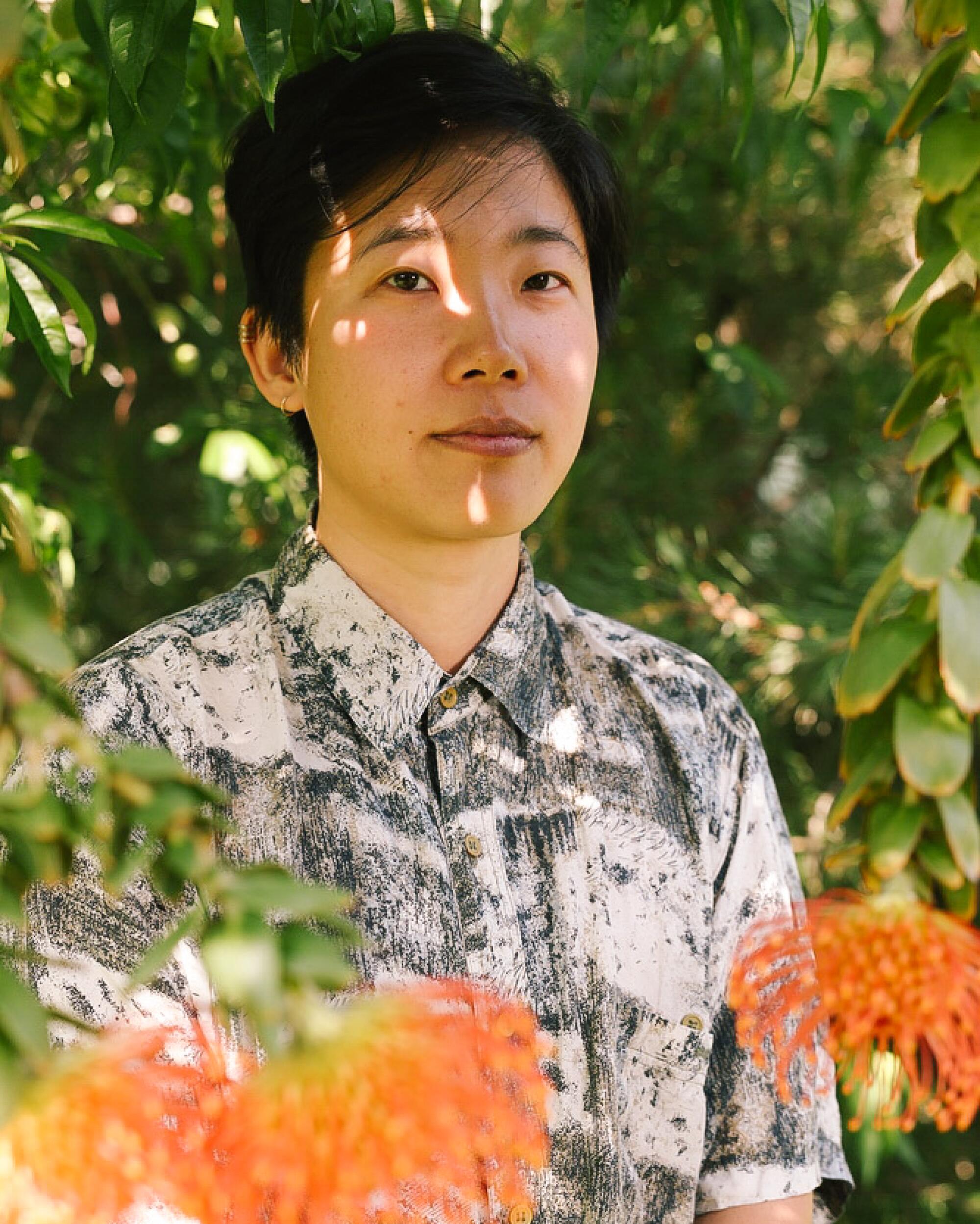
Gray Hong, founder of Moon Jar Design
“Plants are the ultimate freaks,” says Gray Hong, 33, creator of the Highland Park floral studio Moon Jar Design. “Plants are beyond queer. They are the ultimate queers because they are beyond queer. ... We have a lot to learn from them, and I think we need to hear the lessons they have to tell us.”
When Hong takes a moment to savor having a career that consists of touching plants all day and serving as a conduit between nature and people with floral creations, a bubbly “pinch me” feeling still comes up for them.
“I have so many vivid memories of early interactions with plants from growing up in Southern California,” they say, recounting their early childhood days of exploring plants around their apartment building in Arcadia: a passion flower vine growing in the front yard, tall bushes with vibrant bursts of purple lining the parking lot, and bird of paradise flowers glistening in the sun. “I remember how beautiful and colorful everything was,” says Hong, pausing for a moment. “I think I’ve always been trying to get back to that.”
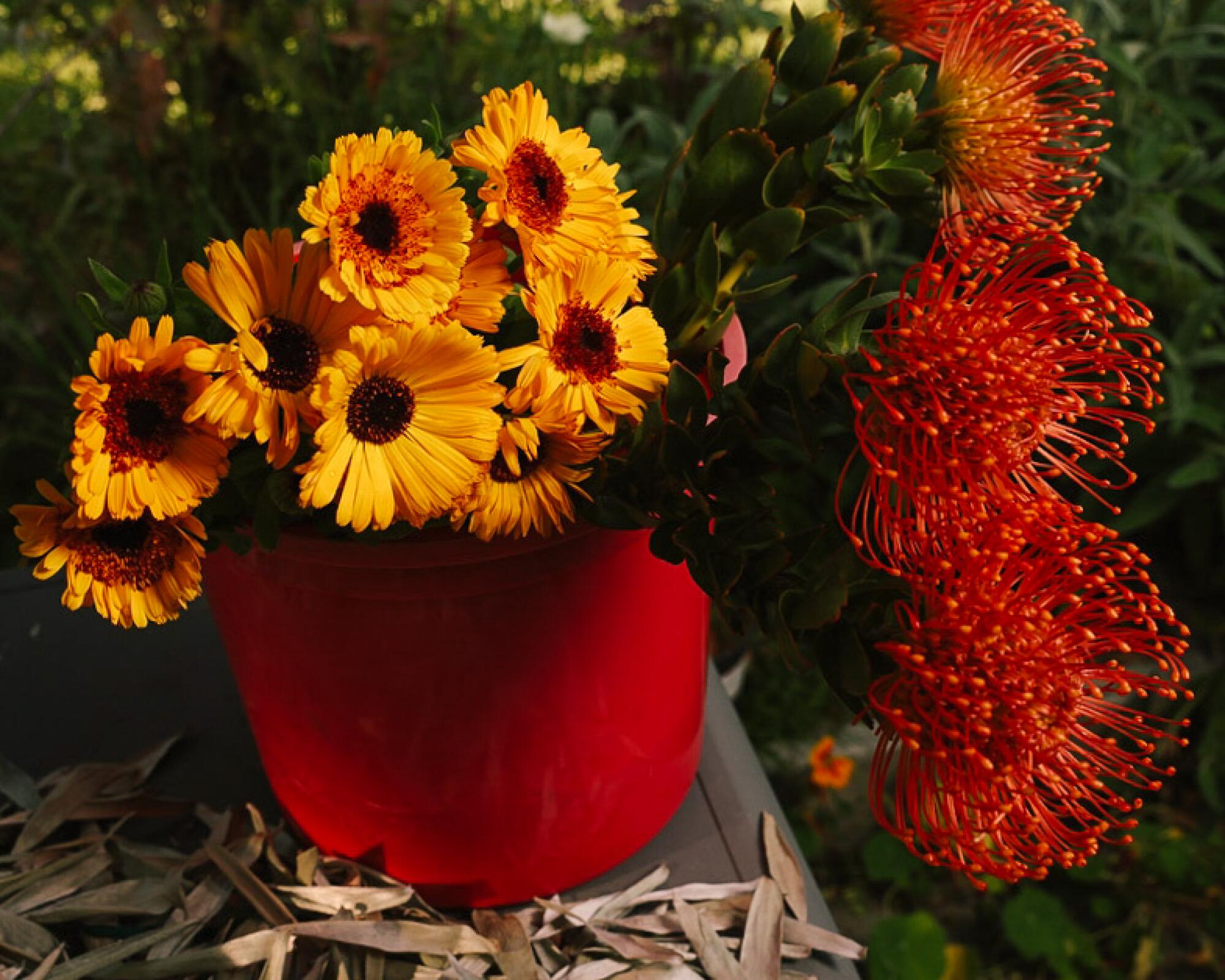
Infusing those warm feelings into Moon Jar Design has helped the studio shine amid the sea of L.A. floral shops. Sustainability is a pillar of the business. Sliding-scale prices are offered, and collaborations with local growers and fellow queer people of color in the industry are prioritized. Also, from the social media presence to the website, customers are reminded the studio is owned and operated by an Asian queer person.
“It’s really important for me to signal that at this point in my life and my career, because I definitely don’t take the queer community — or any community — for granted,” says Hong, whose childhood was divided between living in Los Angeles and moving around cities such as Denver; Atlanta; Augusta, Ga.; Birmingham, Ala.; and St. Louis, plus a year in Seoul, South Korea, after college. The time spent in each city was instrumental in providing Hong with a more well-rounded and enriched outlook, though the experience had its challenges too.
For Jason Wise, knowing more about the natural world could’ve fortified him growing up in a conservative religious community. Now he’s sharing his queer ecology knowledge on hikes for Pride Month.
“I didn’t have any Asian American or API community except for church, which was a whole other alienating experience,” says Hong. “Forming a clear understanding of myself as I am today, which is a Korean American trans nonbinary individual — it’s a long journey to figure that out about yourself.
“So I don’t take finding other people who will understand that about me for granted and that there’s so many of them here in L.A.,” adds Hong, calling Los Angeles an “oasis” filled with experiences they love, from the myriad of queer communities to the variety of plant life around the city. “Literally if you walk around L.A., it’s like I feel like I’m tripping. I’m like, what is happening? These plants are doing wild things.”
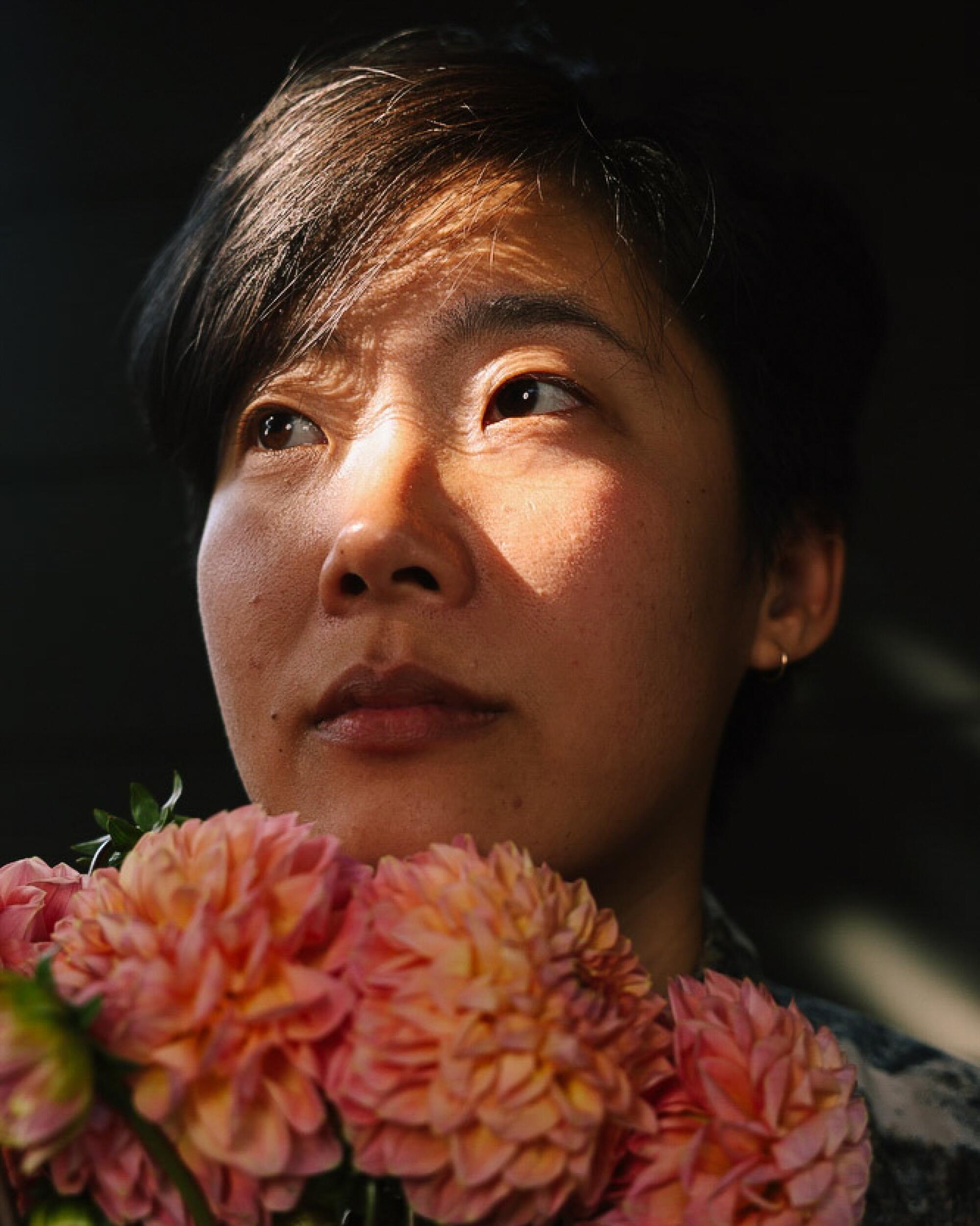
As Hong takes stock of the joyful moments that have come with doing work deeply rooted in their passions, there’s a particular experience that consistently takes the cake: providing flowers for queer weddings. From growing up deprived of seeing affirming queer relationships and romances to then being an adult who regularly helps queer lovers celebrate their unions has been incredibly healing and nourishing for Hong.
“It just fills my heart with joy and it makes me really emotional to be able to be a part of these celebrations and to bring flowers to people who can celebrate openly and just enjoy their love. I’m so grateful for it,” says Hong, with emotion coming through their voice. “It means the world to me.”
More to Read
Sign up for The Wild
We’ll help you find the best places to hike, bike and run, as well as the perfect silent spots for meditation and yoga.
You may occasionally receive promotional content from the Los Angeles Times.
